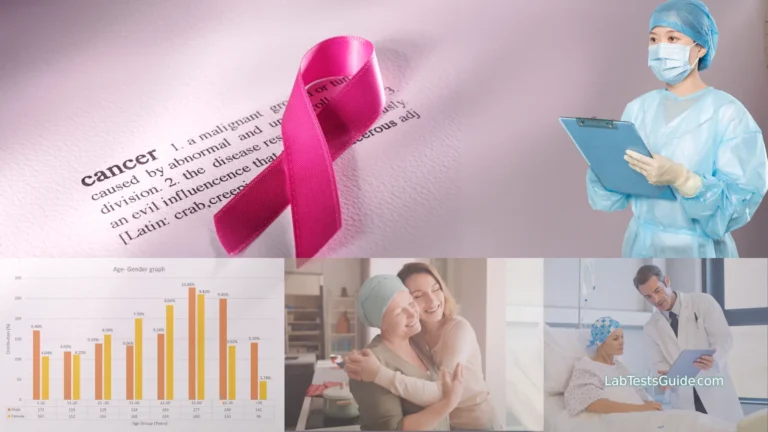Retraction of Hydroxychloroquine Study Highlights Global Scandal in COVID-19 Treatment
A controversial 2020 study that championed hydroxychloroquine as a treatment for COVID-19 has been formally retracted, marking the end of a saga that contributed to widespread misinformation and questionable medical practices during the early stages of the pandemic. Published in the International Journal of Antimicrobial Agents (IJAA), the paper has been at the center of ethical debates and scientific scrutiny since its release.

The Study and Initial Impact:
The study, led by Philippe Gautret of the Marseille Mediterranean Infection (IHU), claimed that hydroxychloroquine reduced viral loads in COVID-19 patients, particularly when paired with the antibiotic azithromycin. Released in March 2020, it gained traction during a time of global uncertainty, when effective treatments for the novel coronavirus were scarce. The study quickly became a beacon of hope for some, influencing medical prescriptions and public policies worldwide.
The paper’s publication coincided with endorsements from high-profile figures, including then-President Donald Trump, who touted hydroxychloroquine as a potential “game-changer.” This led to stockpiling of the drug and a dramatic 80-fold increase in prescriptions in the U.S., according to the Centers for Disease Control and Prevention. However, hydroxychloroquine’s unproven efficacy against COVID-19 and its severe side effects—ranging from cardiac arrest to liver failure—soon raised alarms among the medical community.
Flaws and Ethical Violations:
From the outset, the study faced intense criticism for its methodological flaws, small sample size, and lack of ethical rigor. The paper was based on just 36 patients and underwent an unusually short peer-review period of four days. Critics also noted that six patients treated with hydroxychloroquine were excluded from the results, including one who died and three who required intensive care.
An investigation by Elsevier and the International Society of Antimicrobial Chemotherapy revealed additional ethical concerns. Researchers could not confirm whether proper ethical approval had been obtained before patient recruitment or whether patients had given informed consent to receive azithromycin, which was not standard care in France at the time.
Moreover, the study’s editor-in-chief, Jean-Marc Rolain, was listed as a co-author, raising concerns about conflicts of interest. Although Rolain stated he was not involved in the peer-review process, this association further undermined the paper’s credibility.
The Retraction and Its Aftermath:
On December 19, 2023, the journal officially retracted the study, citing concerns about ethics, methodology, and data integrity. Notably, three authors requested the removal of their names from the publication, expressing dissatisfaction with how the results were presented. Lead author Didier Raoult, however, has remained silent on the retraction.
The study has since been recognized as the most-cited COVID-19 paper to be retracted, underscoring its profound influence on public discourse and medical practices. The French Society of Pharmacology and Therapeutics condemned the paper as a “clear example of scientific misconduct” and highlighted its role in a “global scandal.”
Global Consequences:
The fallout from the study extended far beyond academia. The widespread promotion of hydroxychloroquine led to millions of unnecessary prescriptions, exposing patients to severe health risks and diverting attention and resources from the development of effective treatments. This scandal serves as a stark reminder of the dangers of prematurely endorsing unproven medical interventions, especially during public health crises.
Conclusion:
The retraction of the hydroxychloroquine study closes a contentious chapter in the history of COVID-19 research. It serves as a cautionary tale for the scientific community, emphasizing the importance of rigorous peer review, ethical integrity, and the principle of “do no harm” in medicine. As the world continues to recover from the pandemic, this incident underscores the need for transparency and accountability in medical research to prevent similar scandals in the future.
References:
- Study retracted years after it set off an infamous COVID-19 treatment scandal – Yahoo – (Accessed on Dec 19, 2024)
- Infamous paper that popularized unproven COVID-19 treatment finally retracted – Science – (Accessed on Dec 19, 2024)
- Study retracted years after it set off an infamous COVID-19 treatment scandal – USA Today – (Accessed on Dec 19, 2024)
- Journal retracts study that promoted hydroxychloroquine as Covid treatment – The Guardian – (Accessed on Dec 19, 2024)
Possible References Used







